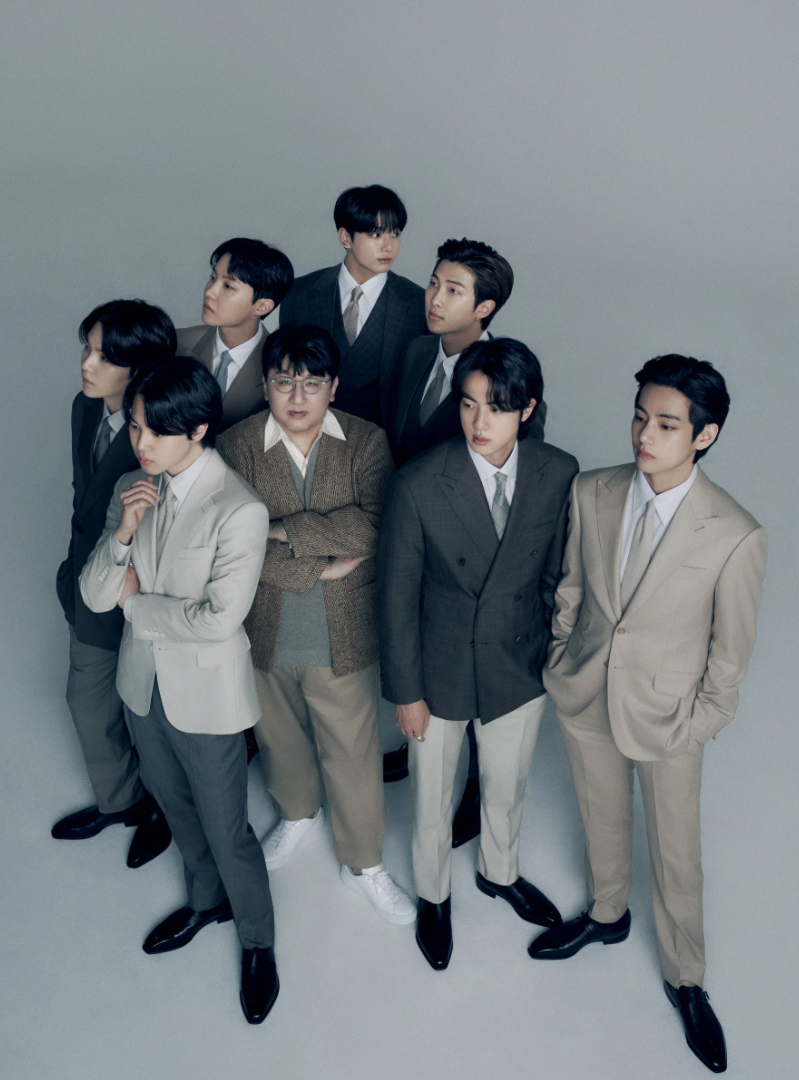
Hybe Chairman Bang Si-hyuk, along with K-pop group BTS, was featured on the cover of Time magazine for being selected as one of the "TIME100 Most Influential Companies" in the April 2022 issue. This recognition has sparked a debate within the K-pop industry about whether to prioritize catering to dedicated superfans or focus on attracting casual fans. Bang Si-hyuk expressed concerns about the intense consumption patterns of superfans, highlighting the need for the industry to evolve and attract more casual fans to support the super fan base and expand into larger markets more rapidly. The structure of K-pop's superfan culture was initially developed as a response to the low profitability of digital music downloads in the early 2000s. While it has driven the industry's growth, it has also led to challenges such as high concert ticket prices and exclusion of casual fans. Pop critic Kim Yoon-ha emphasized the importance of balancing the interests of dedicated and casual fans for the future of K-pop, suggesting a reevaluation of industry structure and fan engagement strategies. Kim also proposed redefining casual fandom and creating more inclusive fan events, reducing ticket prices, and addressing third-party ticketing issues to engage casual fans more meaningfully without overburdening superfans, ultimately aiming for a balanced approach to fan engagement to sustain K-pop's growth. Overall, the debate revolves around finding a balance between catering to dedicated superfans and attracting casual fans, with the goal of sustaining K-pop's growth while maintaining the support of both fan groups.
